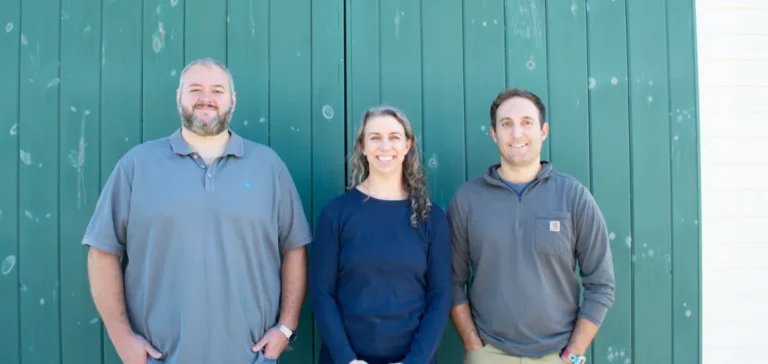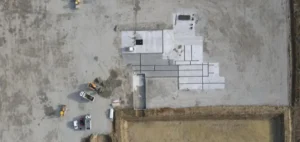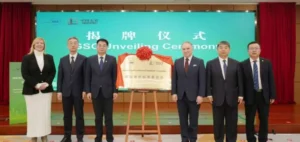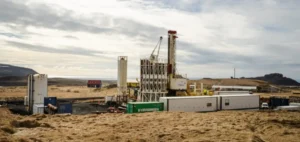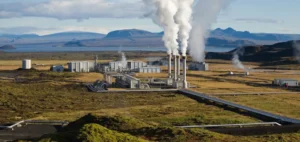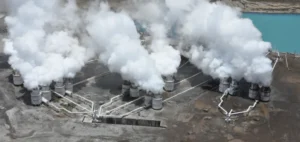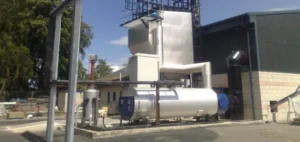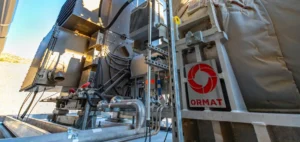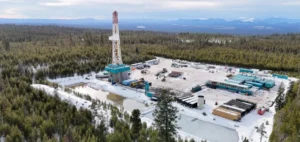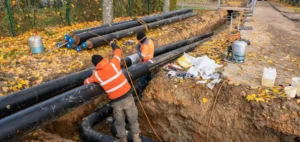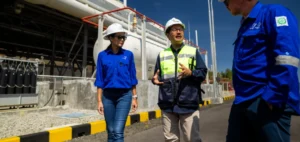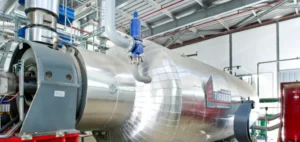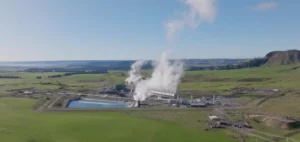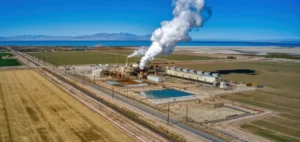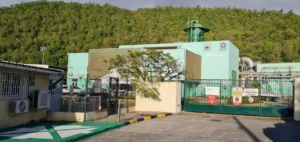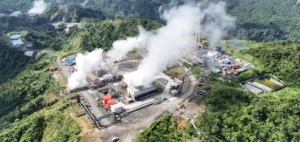US-based company Dig Energy has announced it has raised $5mn (approximately €4.67mn) to fund pilot deployments of its patented surface geothermal drilling technology. The goal of the funding round is to demonstrate the industrial viability of a new type of compact drill specifically designed for shallow geothermal systems. The round was co-led by Azolla Ventures and Avila VC, with participation from several institutional investors specialising in infrastructure and climate technology.
Headquartered in New Hampshire, the company is developing a high-pressure fluid drill that can reduce drilling costs by up to 80% — a key barrier to the adoption of geothermal heat pump systems. Unlike conventional rigs inherited from the oil and gas sector, Dig Energy’s equipment is lighter, more cost-effective, and easier to deploy in residential or urban environments.
An alternative to heavy rigs from the fossil fuel sector
Heating and cooling currently account for 35% of total energy consumption in buildings, yet geothermal systems — despite being proven technologies — represent only a marginal share of the market. In the United States, less than 1% of buildings use this approach. One of the main barriers remains the high cost of drilling, which typically relies on oversized, expensive machines originally designed for hydrocarbon extraction.
Dig Energy aims to bypass this constraint by introducing an industrial solution built from the ground up for surface geothermal. The company targets building managers, property developers, and local authorities seeking to reduce dependence on fossil fuels while maintaining long-term operational cost control. It has also received support from Suffolk Technologies’ BOOST accelerator and the U.S. Department of Energy’s EPIC Prize programme.
Proprietary technology focused on market readiness
According to investors, Dig Energy’s ability to plug into existing supply chains while reducing drilling complexity gives it a significant competitive edge. The drill developed by the company uses proven industrial-grade materials, avoiding cost overruns associated with untested technological components or specialised tooling.
The first pilot projects aim to validate the system’s performance under real-world conditions, with the goal of setting a new standard for geothermal heat pump installation. This phase should also help open access to geothermal for market segments currently excluded due to cost or infrastructure constraints.


